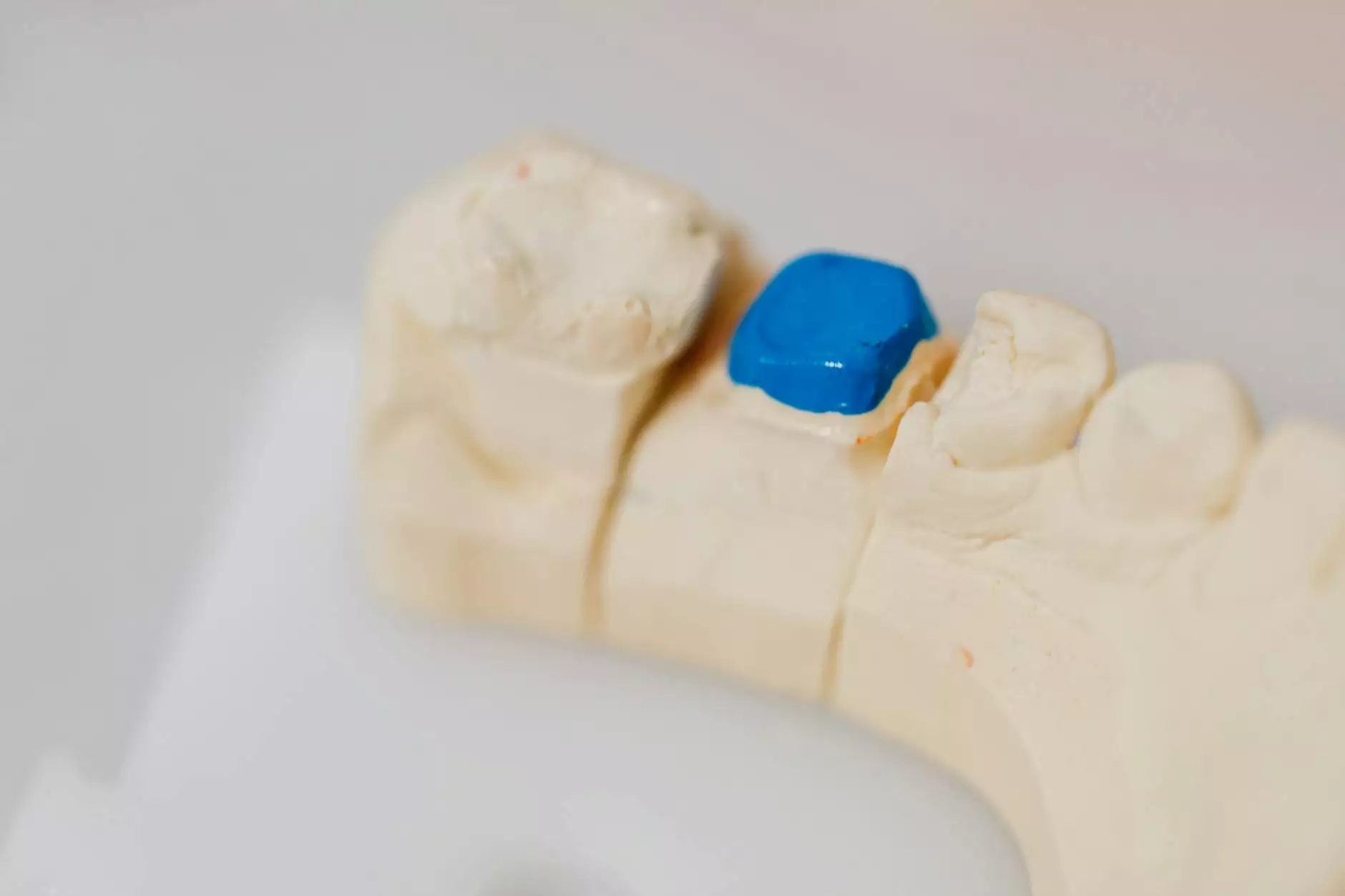Understanding the Benefits of Soft Occlusal Guards for Dental Health

In the world of dental health, one term often comes up regarding patient comfort and tooth protection: occlusal guard soft. As individuals become more aware of the impact of dental health on overall well-being, the demand for effective solutions like soft occlusal guards is on the rise. This article delves into the purpose, benefits, and applications of these essential dental devices, reinforcing their importance in the field of general dentistry.
What is an Occlusal Guard?
An occlusal guard, also known as a night guard or bite splint, is a dental device designed to protect the teeth from grinding, clenching, or other forms of dental injuries. These guards are typically custom-fitted to a patient’s mouth by a qualified dentist, ensuring maximum effectiveness and comfort.
The Role of Soft Occlusal Guards in Dentistry
Unlike hard occlusal guards, soft occlusal guards are made from a flexible material that provides a cushioning effect. They are particularly beneficial for individuals who experience bruxism (teeth grinding) or jaw clenching during sleep. The primary role of these guards is to act as a barrier between the upper and lower teeth, reducing the pressure and wear that can lead to severe dental issues.
Why Choose Soft Occlusal Guards?
There are numerous reasons to opt for soft occlusal guards. Below are some of the most significant advantages:
- Enhanced Comfort: The soft material conforms to the shape of your teeth and gums, providing a more comfortable fit than harder alternatives.
- Reduced Tooth Damage: By acting as a buffer, these guards significantly decrease the risk of tooth wear, fractures, and other damage caused by grinding.
- Alleviation of Jaw Pain: Soft occlusal guards can help relieve pain and discomfort in the jaw joints, often associated with temporomandibular joint disorder (TMD).
- Improved Sleep Quality: Many users report better sleep quality as the guard prevents disruptive teeth grinding and clenching.
- Customizable Options: Soft occlusal guards can be tailored to individual needs, providing an optimal level of protection while ensuring comfort.
How Do Soft Occlusal Guards Work?
The functionality of soft occlusal guards is relatively straightforward. When a person grinds or clenches their teeth, the guard absorbs the forces that would otherwise be directed onto the teeth and jaw. Here’s a detailed breakdown:
- Custom Fitting: Your dentist will take impressions of your teeth, ensuring that the guard fits snugly and comfortably.
- Material Selection: Made from flexible and durable materials, soft guards provide necessary cushioning without sacrificing strength.
- Wearing the Guard: Patients are encouraged to wear the guard while sleeping to maximize its protective effects.
Who Should Consider Using a Soft Occlusal Guard?
Soft occlusal guards are ideal for a variety of patients, including those who:
- Experience frequent headaches or migraines linked to jaw clenching.
- Show signs of tooth wear or chipping.
- Have been diagnosed with bruxism or TMD.
- Engage in high-stress lifestyles that may exacerbate grinding habits.
Benefits Beyond Teeth Protection
While the primary function of a soft occlusal guard is to protect teeth, there are additional benefits worth noting:
- Tension Release: By using a guard, many people find that they can release tension stored in the jaw, neck, and shoulders.
- Long-term Cost Savings: Preventing damage to teeth saves patients money in the long run, reducing the need for restorative procedures.
- Enhanced Oral Health: The reduced wear on teeth leads to a lower chance of cavities and gum disease.
Steps to Care for Your Soft Occlusal Guard
To ensure your soft occlusal guard remains effective, proper care and maintenance are essential. Here are some tips on how to keep your guard in optimal condition:
- Daily Cleaning: Rinse your guard with cool water and a non-abrasive toothpaste after each use.
- Storage: Keep your guard in a ventilated container to allow it to dry completely and prevent bacterial growth.
- Avoid Heat: Never expose your guard to hot water or intense heat, as this can warp its shape.
- Regular Dentist Visits: Schedule appointments with your dentist to ensure the guard is still fitting well and serving its purpose.
Conclusion
In summary, the significance of soft occlusal guards in the realm of dental health cannot be overstated. With their ability to protect against tooth wear and alleviate discomfort from jaw issues, these guards serve as an essential component in maintaining oral health. If you or someone you know is struggling with symptoms related to bruxism or TMD, consider consulting with a dental professional at Medental SF to discuss the benefits of implementing a soft occlusal guard into your dental care routine.
Call to Action
Take charge of your dental health today! Contact Medental SF to learn more about how soft occlusal guards can improve your quality of life and protect your smile.









